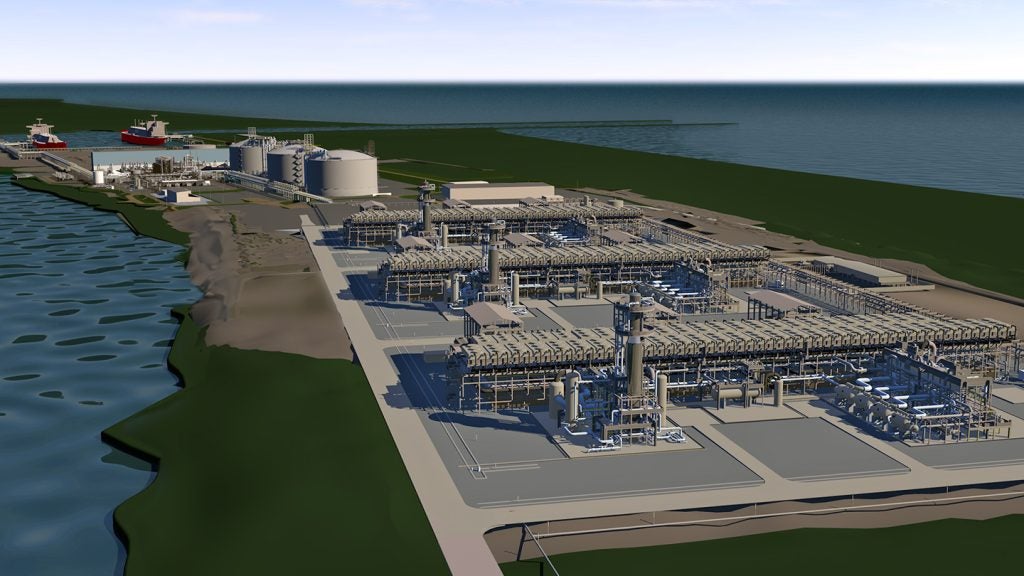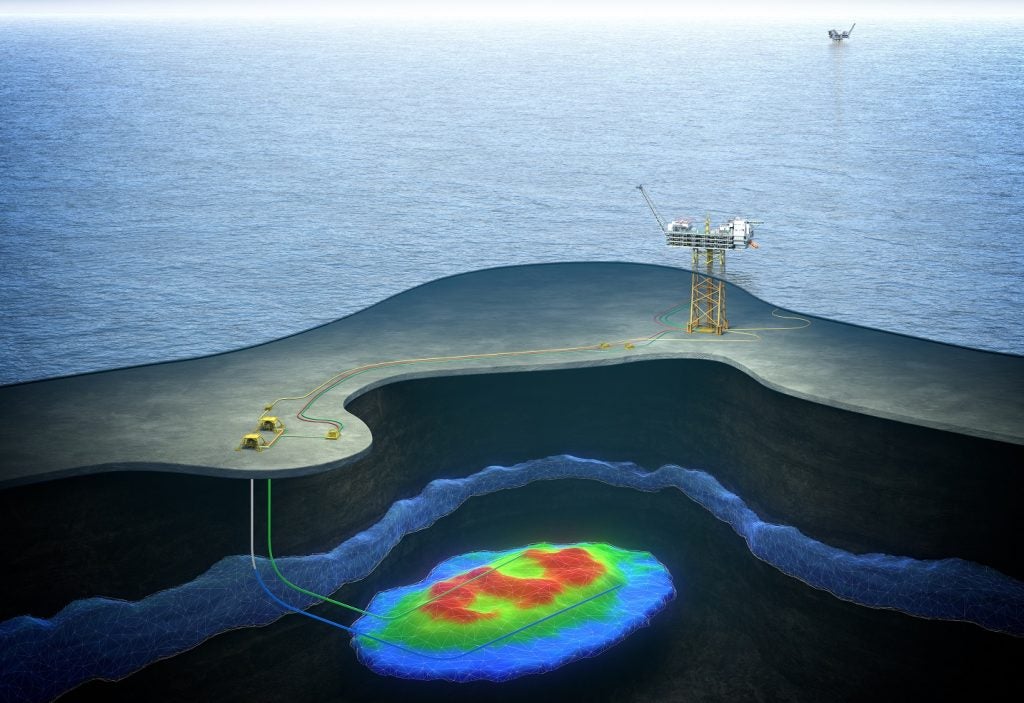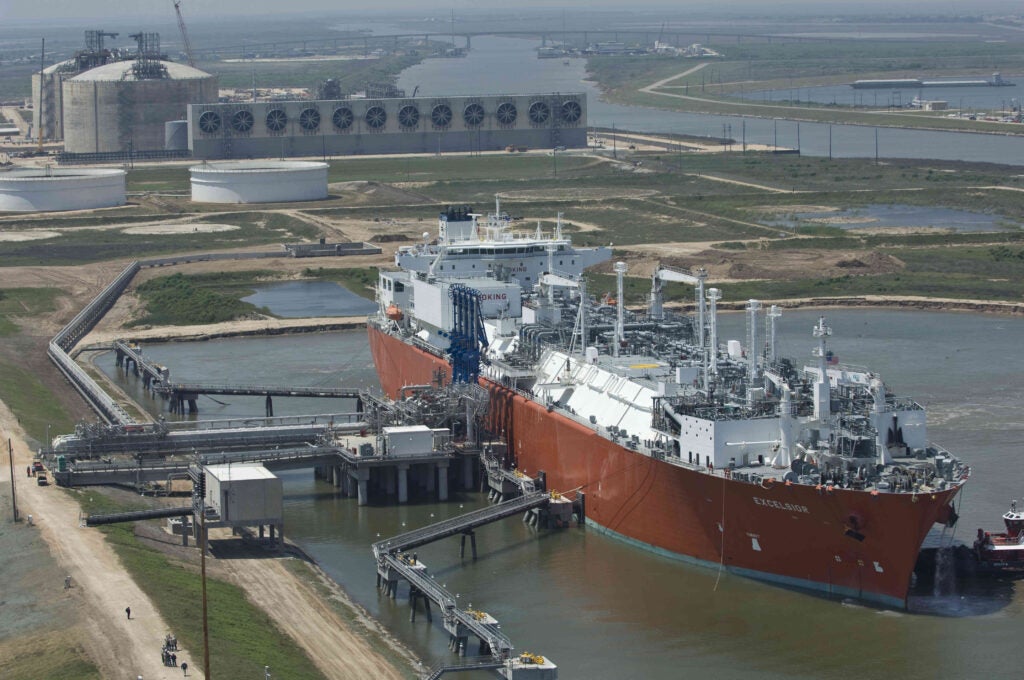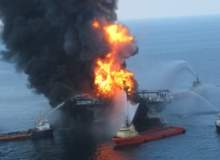
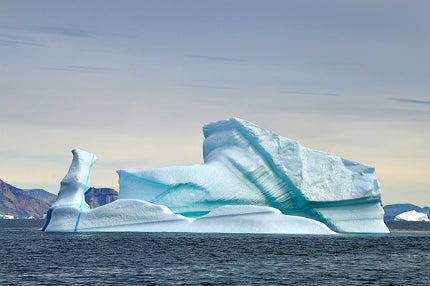
Offshore exploration and production is increasingly shifting from the shallow shelf to deepwater areas and even to the treacherous waters of the Arctic.
But, as demonstrated by recent operational blunders by some of the world’s largest and most renowned oil and gas companies, the industry is not yet ready for the challenges posed by deepwater regions, and it certainly isn’t prepared to deal with the extreme weather conditions and thick sea ice that typify the frozen Arctic.
Catastrophes such as the Deepwater Horizon oil spill in the Gulf of Mexico in 2010, and Shell’s many recent mistakes in the Arctic are testament to the fact that processes, technology and safety practices in the offshore oil and gas sector are not yet up to scratch.
But while technological innovation and new processes will be absolutely essential to ensuring that oil and gas operators venturing into deeper water and deeper geological plays can do so effectively and safely, it’s not just the operators that need to keep pace with advancements in offshore technology.
See Also:
Governments, too, as well as the industry’s many other stakeholders, need to be completely up to the minute with the latest developments, in order to ensure the safe and responsible operation of this growing sector.
How well do you really know your competitors?
Access the most comprehensive Company Profiles on the market, powered by GlobalData. Save hours of research. Gain competitive edge.

Thank you!
Your download email will arrive shortly
Not ready to buy yet? Download a free sample
We are confident about the unique quality of our Company Profiles. However, we want you to make the most beneficial decision for your business, so we offer a free sample that you can download by submitting the below form
By GlobalDataFor this reason, the US Bureau of Safety and Environmental Enforcement (BSEE) is establishing an independent Ocean Energy Safety Institute (OESI), which will provide a forum for dialogue, shared learning and cooperative research among academic, government, industry and other non-government organisations in offshore-related technologies and activities.
We caught up with representatives from the BSEE to find out more about the new institute and how it will work to improve safety practices across the offshore oil and gas sector.
Elly Earls: Why did BSEE decide to start the process of launching an independent Ocean Energy Safety Institute (OESI)?
BSEE representative: The idea for the Ocean Energy Safety Institute stems from a recommendation from the Ocean Energy Safety Advisory Committee, a federal advisory group comprised of representatives from industry, federal government agencies, non-governmental organisations and the academic community.
The recommendation called for establishing a body that will provide a programme of research, technical assistance and education and serve as a centre of expertise in oil and gas exploration, development and production technology.
We are currently taking steps to establish the independent institute to further enhance safe and responsible operations across the offshore oil and gas industry.
EE: One of the key goals of the OESI is to foster collaboration across the offshore oil and gas sector. Tell me about the different types of stakeholders you hope will be involved in the project.
BSEE: The institute will be a collaborative initiative involving government, academia and scientific experts that will facilitate research and development, training of federal workers on identification and verification of Best Available and Safest Technology, and implementation of operational improvements in the areas of offshore drilling safety and environmental protection, blowout containment and oil spill response.
The institution that is selected to host the institute will undoubtedly collect input from a cross section of stakeholders to include the oil and gas industry, federal government agencies, non-governmental organisations and the academic community.
EE: As the offshore sector moves into deeper waters, new technologies are needed to maximise oil and gas production. How important is it that the personnel working on offshore facilities develop new skill sets to cope with this?
BSEE: As offshore exploration and production shifts from the shallow shelf to deepwater areas, as well as to Arctic waters, drilling and production activities have become more complex and present new technological challenges, requiring expertise for the personnel working at offshore facilities.
The oil and gas industry is adapting to these new technological challenges, developments and breakthroughs. BSEE, which Congress has charged with oversight authority, must also keep up with new technologies and have the understanding and expertise to effectively fulfil those oversight functions.
EE: What sets the OESI apart from other efforts to improve safe and responsible operations in the oil and gas sector?
BSEE: The primary mission of the institute will be to provide a forum for dialogue, shared learning and cooperative research among academia, government, industry and other non-governmental organisations, in offshore energy-related technologies and activities that ensure safe and environmentally responsible offshore operations.
While there have been other efforts to identify scientific and technological gaps and recommend improvement of drilling and production equipment, practices and regulation, the institute will strive to coordinate and focus these work products.
Particularly with the expiration of the Ocean Energy Safety Advisory Committee, there is a need for an entity to gather, consider and harmonise the proposals promoted by other research and development centres and other groups, to inform BSEE on technological and other developments within the offshore industry.
Additionally, the institute would provide a forum for the education and training of BSEE employees to ensure that the federal workforce can achieve the same level of technological expertise as the oil and gas operators they regulate.
EE: Part of the remit of the OESI is to identify technological gaps and suggest operational improvements for drilling and production equipment, practices and regulation. How will the institute achieve this goal?
BSEE: To help fill key technological and regulatory gaps in current research, the institute will facilitate the development and funding of research projects with industry, academic institutions, government entities and research laboratories or organisations, such as the National Academy of Sciences.
The institute will actively engage with the organisations conducting the research, provide a Biannual Status Report to BSEE on the state of the science for all ongoing research, and ensure the broad dissemination of this information.
Based on research activities identified in the Biannual Status Report, the Institute will make recommendations to BSEE.
EE: Finally, research and development will form a key part of the OESI. What are some of its key R&D goals?
BSEE: There are a number of important goals for the Institute, including:
- Developing new models to measure and assess risk in offshore oil and gas drilling and production operations;
- Engaging BSEE employees to participate in research and training to enable them to remain current on state-of-the-art technology associated with offshore oil and gas development.
- Providing recommendations and technical assistance to BSEE related to the determination of the best available and safest technology and environmentally sound oil and gas development practices for the outer continental shelf (OCS);
- Providing recommendations and technical assistance related to geological and geophysical sciences relevant to understanding the technical challenges of OCS exploration and development, such as reservoir characteristics, geohazards, and worst case discharge analyses; and
- Developing and maintaining a domestic and international equipment failure reporting system and database of critical OCS equipment failures related to control of the well. That will allow the institute to identify reliability issues and industry trends and issue safety alerts when appropriate. This system should engage both the user and manufacturer of the equipment.
Related content
The cold war: how sea ice impacts on Arctic operations
Ice floes forced Shell to stop drilling operations in the Arctic and the threat is set to escalate as summer sea ice disappears at an accelerated rate.
Sea change: offshore safety and the legacy of Piper Alpha
The Piper Alpha disaster in 1988 shocked the world, and changed offshore safety management and legislation in the North Sea beyond recognition.


.gif)

